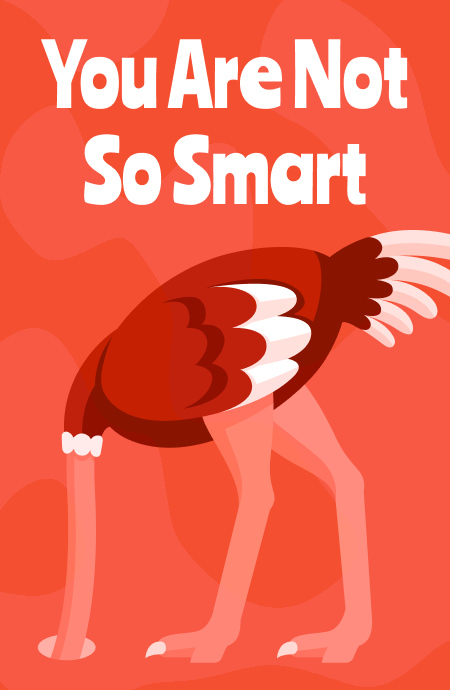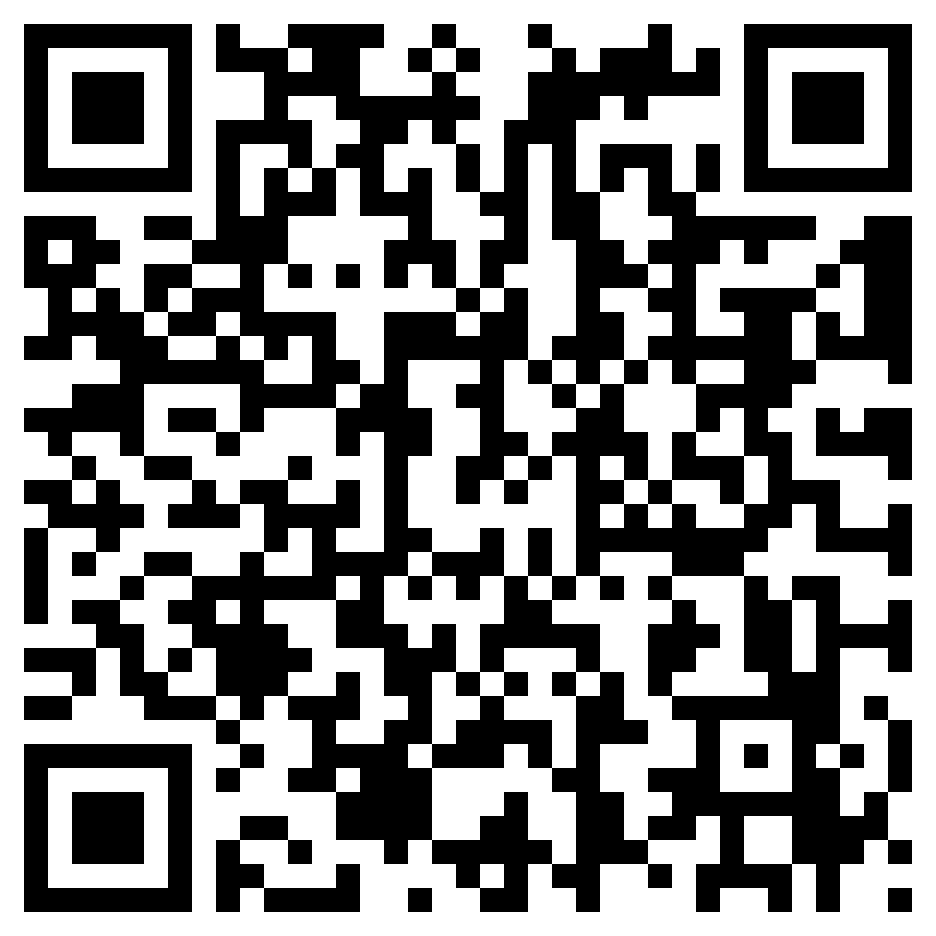Lesson 1. You are not as smart as you think you are
We can all be really stupid sometimes. We lock our keys in our cars. We forget what we were just about to say, and so on. No matter who you are or what you do, whether you are a great scientist or a humble artisan, your brain is bound to be infested with preconceived notions and patterns of thought that lead you astray without you even knowing it. We are all naturally conditioned into thinking in certain ways. We see ourselves as rational, logical beings, but in reality, we are deluded. All of us. But it's alright. It keeps us sane.
In the following lessons, you will see some common misconceptions we have about ourselves and the world around us. We might not be so smart, but we can always get smarter.
Lesson 2. Misconception 1 - 4
Misconception 1: You know when our behavior is being influenced by your unconscious mind.
We've all at one time or another experienced highway hypnosis. It's the state when your mind and body seem to float along in parallel, separately. You get in your car, turn the key and the next thing you know, you're home already and have no recollection of the journey. This is an example of how our unconscious mind works. The truth is that we are completely unaware of the constant nudging we receive from the ideas formed in our unconscious mind. This effect is known as priming.
Misconception 2: You are always aware of the motivations that drive your behavior and know when you are lying to yourself.
Just as the biopics on the big screen, the biopic in your head, the biopic of you is dramatized and inflated. We are very often ignorant of our motivations. We go through lives creating fictional narratives to explain the decisions we make, the feelings we have and the world we observe without even realizing it. This happens because our brain unconsciously fills in the gaps caused by our mental and physical blind spots. This phenomenon is called confabulation.
Misconception 3: You form your opinions entirely through rational thought and objective analysis of information.
We like to be told what we already know. Given the choice, our brain chooses information that confirms the already consolidated beliefs we hold. We often disregard, ignore or even forget information that challenges our preconceived notions. This is called confirmation bias. Confirmation bias can be dangerous because it distorts our active pursuit and acceptance of facts.
Misconception 4: When you get new information that contradicts your previously held beliefs, we
Unlock Knowledge with Wizdom App
Explore a world of insights and wisdom at your fingertips with the Wizdom app.
 1 Million+ App Download
1 Million+ App Download  4.9App Store Rating
4.9App Store Rating 5000+Summaries & Podcasts
5000+Summaries & Podcasts



